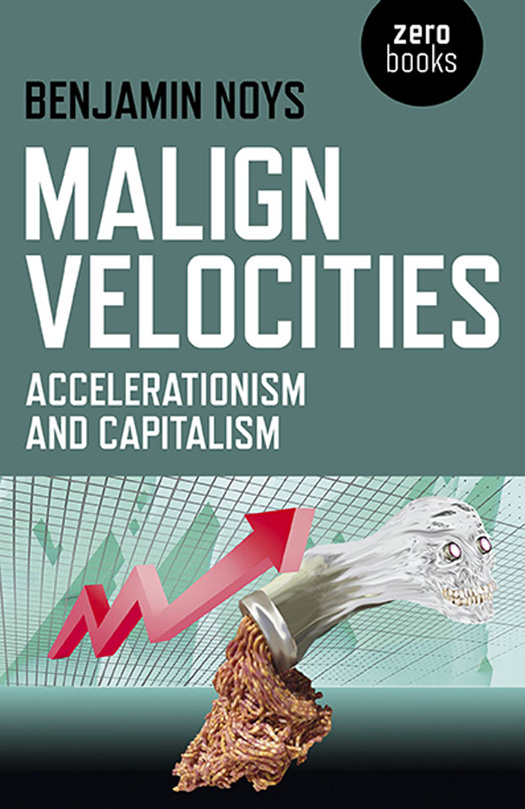Mikkel Bolt Rasmussen, Jacob Wamberg (eds.): Totalitarian Art and Modernity (2010)
Filed under book | Tags: · art history, avant-garde, capitalism, communism, democracy, fascism, labour, modernism, modernity, monument, mythology, nazism, politics, revolution, socialism, socialist realism, soviet union, technology, totalitarianism, war

“In spite of the steadily expanding concept of art in the Western world, art made in twentieth-century totalitarian regimes – notably Nazi Germany, fascist Italy and the communist East Bloc countries – is still to a surprising degree excluded from mainstream art history and the exhibits of art museums. In contrast to earlier art made to promote princely or ecclesiastical power, this kind of visual culture seems to somehow not fulfill the category of ‘true’ art, instead being marginalised as propaganda for politically suspect regimes.
Totalitarian Art and Modernity wants to modify this displacement, comparing totalitarian art with modernist and avant-garde movements; confronting their cultural and political embeddings; and writing forth their common generalogies. Its eleven articles include topics as varied as: the concept of totalitarianism and totalitarian art, totalitarian exhibitions, monuments and architecture, forerunners of totalitarian art in romanticism and heroic realism, and diverse receptions of totalitarian art in democratic cultures.”
With contributions by Mikkel Bolt, Sandra Esslinger, Jørn Guldberg, Paul Jaskot, Jacob Wamberg, Christina Kiaer, Anders V. Munch, Kristine Nielsen, Olaf Peters, K. Andrea Rusnock, and Marla Stone.
Publisher Aarhus University Press, Århus, 2010
Acta Jutlandica series, 9
ISBN 8779345603, 9788779345607
359 pages
via Mikkel Bolt
PDF (10 MB)
Comment (0)Kostas Axelos: Introduction to a Future Way of Thought: On Marx and Heidegger (1966/2015)
Filed under book | Tags: · earth, labour, philosophy, philosophy of technology, production, technology

“‘Technologists only change the world in various ways in generalized indifference; the point is to think the world and interpret the changes in its unfathomability, to perceive and experience the difference binding being to the nothing.’
Anticipating the age of planetary technology Kostas Axelos, a Greek-French philosopher, approaches the technological question in this book, first published in 1966, by connecting the thought of Karl Marx and Martin Heidegger. Marx famously declared that philosophers had only interpreted the world, but the point was to change it. Heidegger on his part stressed that our modern malaise was due to the forgetting of being, for which he thought technological questions were central. Following from his study of Marx as a thinker of technology, and foreseeing debates about globalization, Axelos recognizes that technology now determines the world. Providing an introduction to some of his major themes, including the play of the world, Axelos asks if planetary technology requires a new, a future way of thought which in itself is planetary.”
First published as Einführung in ein künftiges Denken: Über Marx und Heidegger, Niemeyer, Tübingen, 1966.
Edited and with an Introduction by Stuart Elden
Translated by Kenneth Mills
Publisher meson press, Lüneburg, June 2015
Creative Commons BY-NC-ND 4.0 License
ISBN 9783957960061
178 pages
Review: George Tomlinson (Marx & Philosophy 2016).
Comment (1)Benjamin Noys: Malign Velocities: Accelerationism and Capitalism (2014)
Filed under book | Tags: · accelerationism, capitalism, communism, cyberpunk, futurism, labour, machine, marxism, movement, philosophy, speed, technology

“We are told our lives are too fast, subject to the accelerating demand that we innovate more, work more, enjoy more, produce more, and consume more. That’s one familiar story. Another, stranger, story is told here: of those who think we haven’t gone fast enough. Instead of rejecting the increasing tempo of capitalist production they argue that we should embrace and accelerate it. Rejecting this conclusion, Malign Velocities tracks this ‘accelerationism‘ as the symptom of the misery and pain of labour under capitalism. Retracing a series of historical moments of accelerationism – the Italian Futurism; communist accelerationism after the Russian Revolution; the ‘cyberpunk phuturism’ of the ’90s and ’00s; the unconscious fantasies of our integration with machines; the apocalyptic accelerationism of the post-2008 moment of crisis; and the terminal moment of negative accelerationism – suggests the pleasures and pains of speed signal the need to disengage, negate, and develop a new politics that truly challenges the supposed pleasures of speed.”
Publisher Zero Books, 2014
ISBN 1782793003, 9781782793007
130 pages
EPUB, EPUB (updated on 2019-6-9)
Comment (0)
